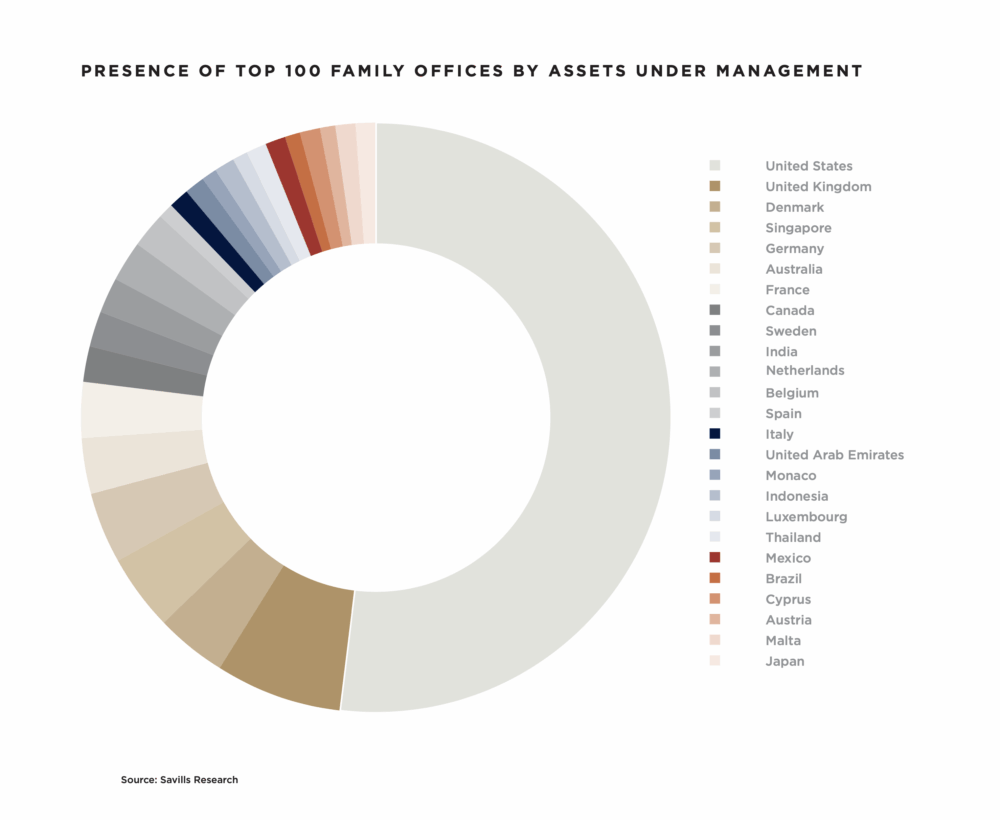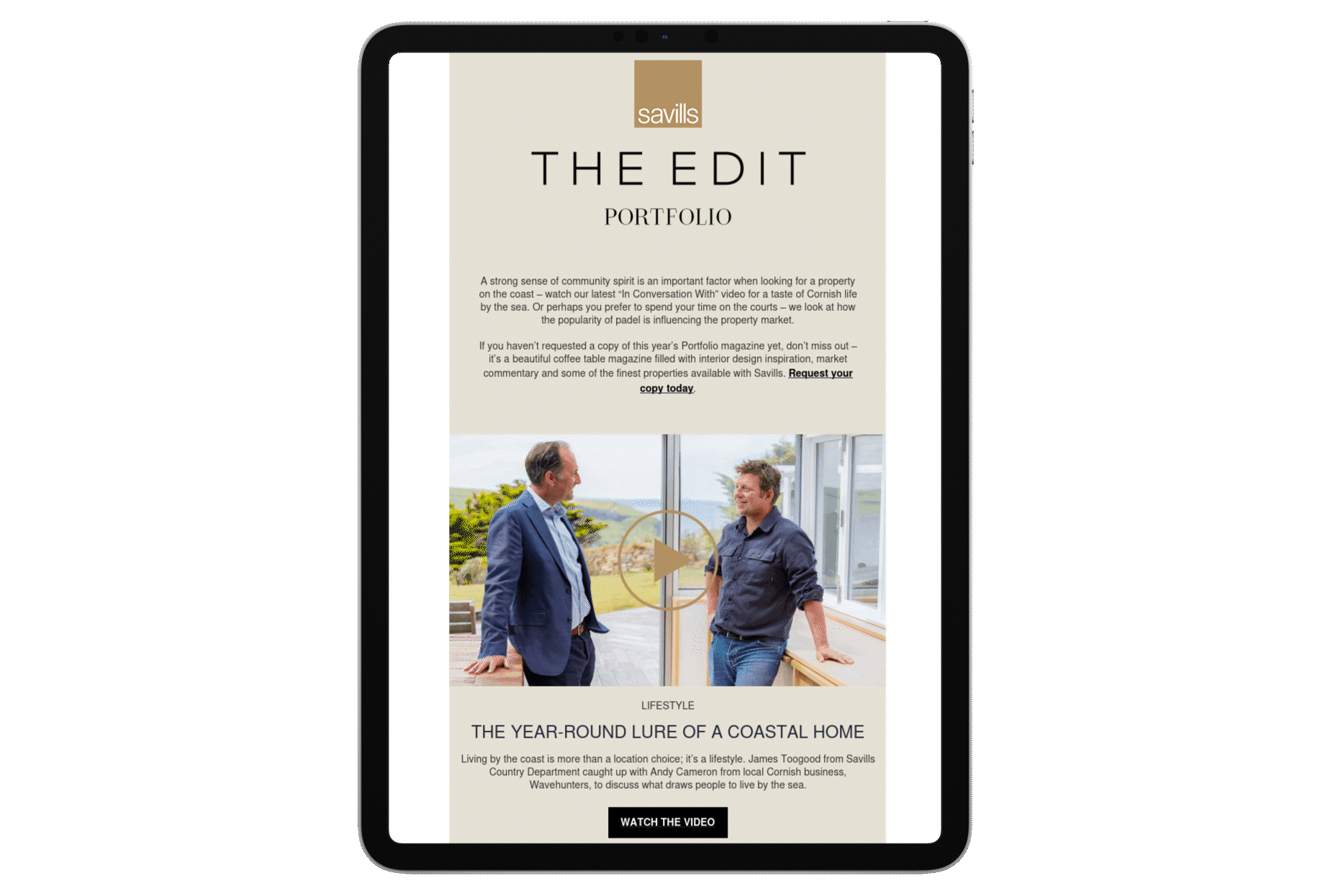As global mobility accelerates, the very idea of “home” is evolving, shaped by shifting visa programmes, dynamic tax landscapes and ongoing geopolitical uncertainty. To navigate this complex new reality, we brought together two leading voices in cross-border asset management: Jonathan Hewlett, chairman of Savills Private Office, and Chris Ottenritter, head of EMEA Wealth Advisory at J.P. Morgan Private Bank. Together, they offer valuable insights on achieving clarity and seizing opportunity in a world defined by change.
Has there been a rise in the number of wealthy people moving between multiple global residences, and if so, why?
Chris Ottenritter: Global mobility is a growing trend. On the positive side, wealthy tech nomads can now run their businesses from anywhere, and the countries competing for their residence promise a good quality of life. On the other side is the termination of certain favourable tax regimes and significant global geopolitical disruption.
What are the pull factors enticing people towards new destinations?
Jonathan Hewlett: Certainly, people have started to up sticks. Those who were in Hong Kong probably now spend more time in Singapore, which has a 60% Additional Buyers Stamp Duty (ABSD) for foreigners, but interestingly, America and some of the Nordics have an exemption. Dubai has the infrastructure and the incentives to pull people there, but in terms of pure investment, I think Abu Dhabi is the one to watch. There will be opportunities in Saudi Arabia once there is a clear purchase structure for foreign buyers. I think Spain will remain a strong area for growth, as will Milan. One big change is the strong chalet markets in Aspen, Courchevel, Verbier and Gstaad. It’s all about the summer and fitness – people like walking, cycling and running in the mountain air.









